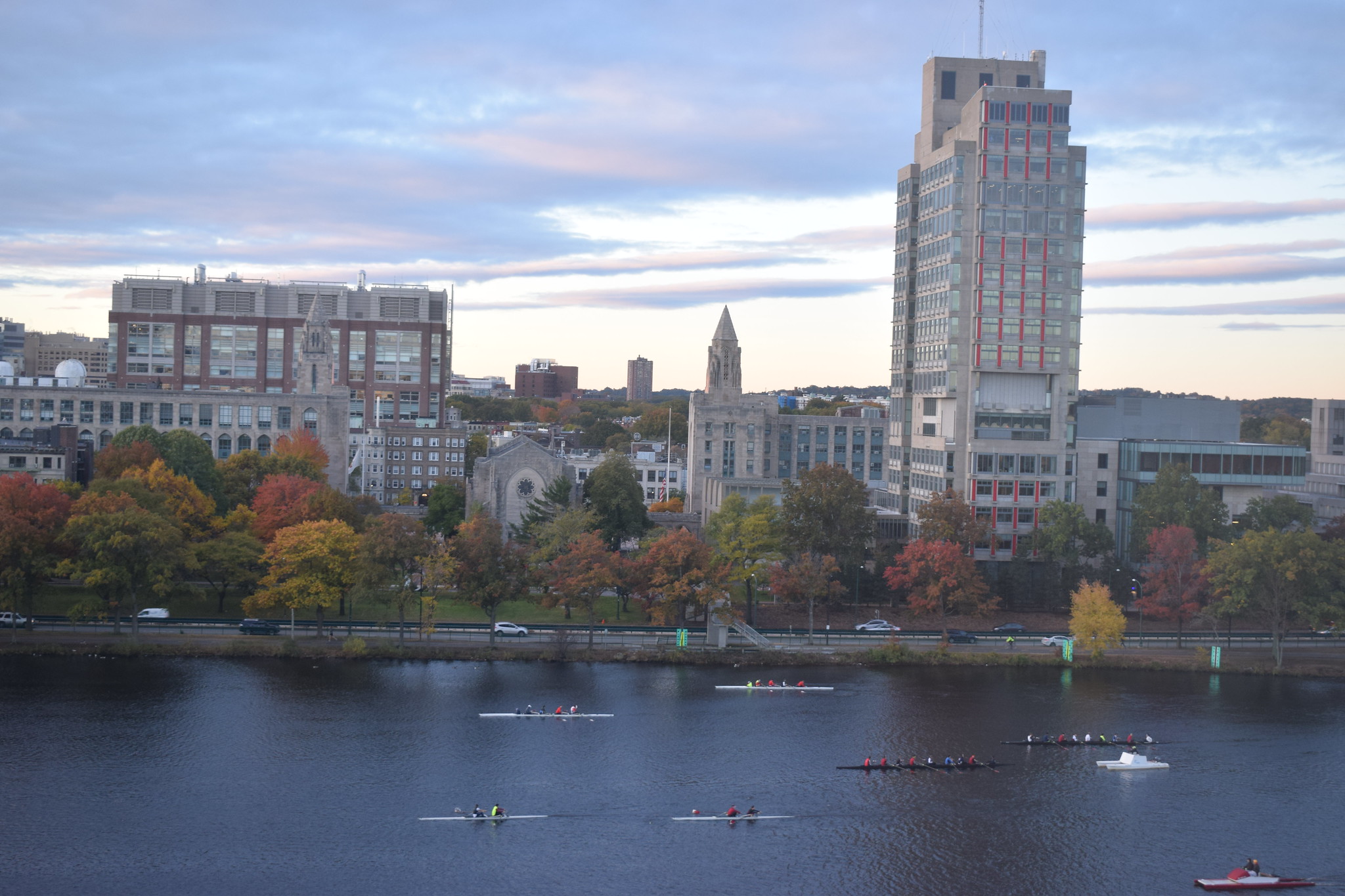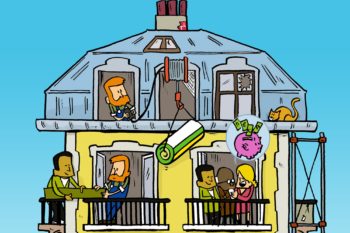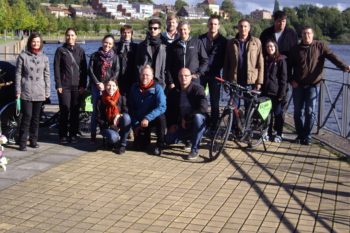Projects
A great opportunity to test unheard-of urban practices and to implement them with other cities and organisations.
Filter by
TOMORROW
Leading the energy transition bottom-up
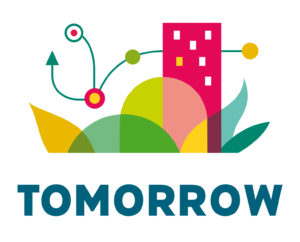
What is TOMORROW? TOMORROW is a Horizon 2020 funded project, aiming at empowering local authorities to lead the transition towards low-carbon, resilient and more liveable […]
Energy Allies
Transatlantic Multi-stakeholder Dialogues for the Local Energy Transition

We are witnessing how local governments in the U.S. and Europe are rallying to respond to the climate challenge and are driving the transition to a sustainable low carbon future. Showing that citizen and business participation makes climate and energy policies more effective might inspire others to follow suit. That, in turn, could make it easier for national leaders to act more forcefully.
LIFE PlanUp
For strong and inclusive energy & climate plans

Engaging national, regional and local partners, the LIFE PlanUp project focuses on five EU Member States: Spain, Italy, Poland, Romania and Hungary. PlanUp closely tracks the […]
ACE-Retrofitting
Accelerating Condominium Energy Retrofitting
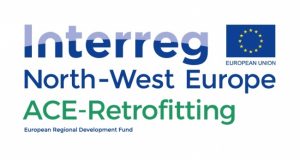
43% of the European population lives in condominiums/multi-occupancy apartment blocks, which are primarily of low energy performance. How can cities accelerate the energy retrofitting of these buildings?
BEACON
Bridging European and Local Climate Action
The project Bridging European and Local Climate Action (BEACON) is a multi-level governance project promoting climate action and facilitating an exchange between national networks and governments as well as municipalities and schools in Europe. It is financed via the European Climate Initiative (EUKI) a support programme of the German Ministry for the Environment (BMU).
Congress “Assises européennes de la transition énergétique”
The largest convention for local energy transitioners in France
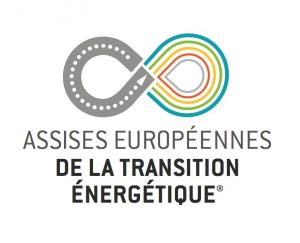
Welcome to the largest meeting of French local authorities in the energy field. Organised by the Urban Community of Dunkirk, Bordeaux Métropole and ADEME in 2016, this annual event gathers more than 2,000 people during 3 days.
POTEs – Ordinary Ecology Transition Pioneers
Gestion de transition
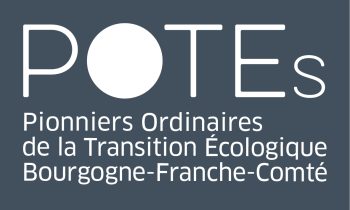
The POTEs concept emerged simultaneously in two French regions – Franche-Comté and Bourgogne – in 2013 during the national debate on the energy transition, following […]
CitiZEN
Sustainable Mobility for Citizens in Europe

Efficient and effective urban mobility can significantly contribute to achieving sustainable economic growth and employment opportunities in our cities. It is of huge importance to achieving the EU 2020 objectives as 70% of the EU population live in cities and account for over 80% of the EU’s GDP. Moreover, in many urban areas, the increasing demand for urban mobility has created a non-sustainable environment with severe congestion, poor air quality and high levels of CO2 emissions.

